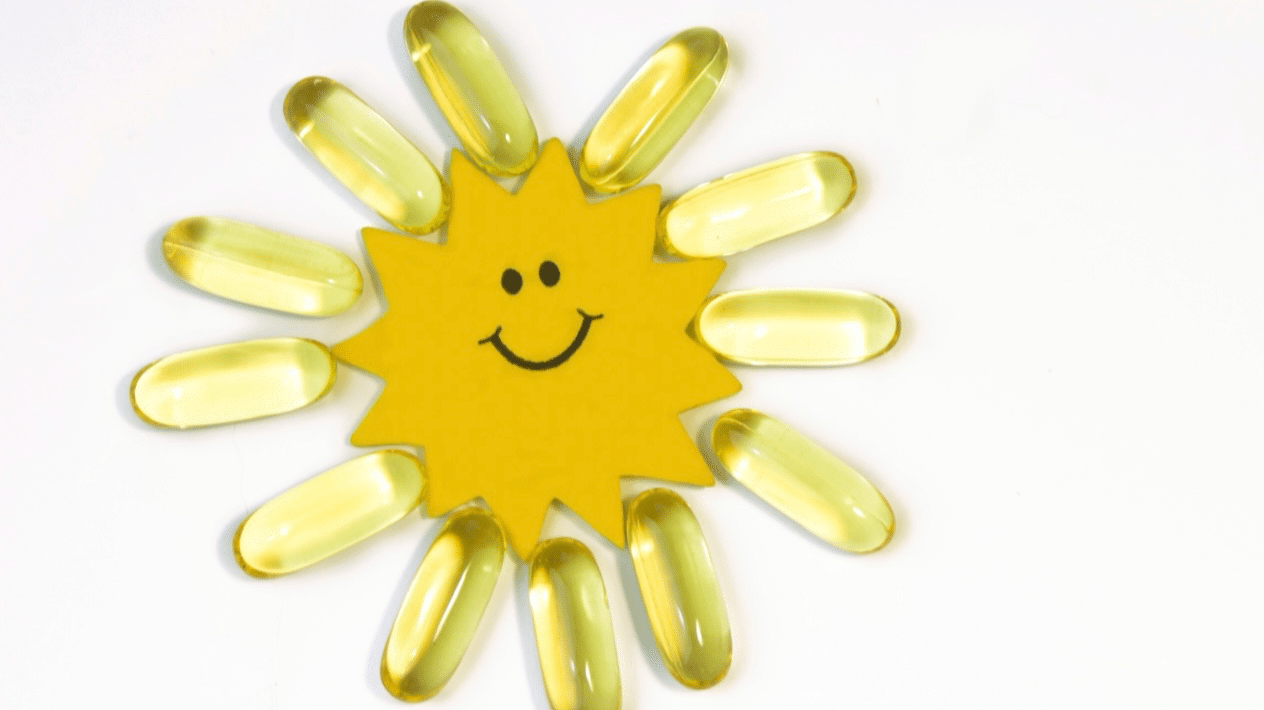Fertility and Vitamin D: Exploring the Connection and Benefits
When it comes to fertility, many factors come into play, including hormone levels, reproductive health, and lifestyle choices. One essential element that has gained significant attention in recent years is the role of vitamin D. Research suggests that vitamin D plays a crucial role in reproductive health for both men and women. In this article, we will explore the connection between fertility and vitamin D, the benefits it offers, and how to ensure adequate levels for optimal reproductive health.
1. Understanding Vitamin D
Vitamin D is a fat-soluble vitamin that our bodies produce in response to sunlight exposure. It also occurs naturally in certain foods and can be obtained through supplements. Vitamin D plays a vital role in maintaining bone health, supporting the immune system, and regulating cell growth and function.
2. The Role of Vitamin D in Female Fertility
Vitamin D has been found to play a crucial role in female fertility. Studies have shown that women with higher levels of vitamin D have better reproductive outcomes, including increased chances of conception and successful pregnancies. Vitamin D helps regulate the menstrual cycle, improve egg quality, and support the implantation and development of the embryo.
3. The Role of Vitamin D in Male Fertility
Vitamin D is not only important for female fertility but also for male fertility. Research suggests that vitamin D deficiency in men may contribute to decreased sperm motility and lower sperm count. Adequate levels of vitamin D are crucial for the development and maintenance of healthy sperm.
4. Vitamin D and Hormonal Balance
Hormonal balance is essential for reproductive health, and vitamin D plays a role in this delicate balance. Vitamin D receptors are found in various reproductive tissues, including the ovaries and testes. Vitamin D helps regulate the production and release of hormones involved in the menstrual cycle and sperm production. Maintaining optimal levels of vitamin D can contribute to hormonal balance and improve fertility outcomes.
5. Vitamin D and Polycystic Ovary Syndrome (PCOS)
Polycystic Ovary Syndrome (PCOS) is a common hormonal disorder that affects women of reproductive age. PCOS is characterized by irregular menstrual cycles, high levels of androgens (male hormones), and cysts on the ovaries. Research suggests a link between vitamin D deficiency and the development and severity of PCOS. Supplementing with vitamin D may help improve symptoms and increase the chances of ovulation in women with PCOS.
6. Sources of Vitamin D
The primary source of vitamin D is sunlight. Spending time outdoors, especially during the sunnier months, can help boost your vitamin D levels. However, factors such as geographic location, skin pigmentation, and sunscreen use can affect the amount of vitamin D produced through sunlight exposure. Additionally, vitamin D can be obtained through certain foods, including fatty fish (salmon, mackerel), fortified dairy products, eggs, and mushrooms. If necessary, vitamin D supplements can also be taken under the guidance of a healthcare professional.
7. Testing and Maintaining Vitamin D Levels
To ensure optimal fertility, it is essential to maintain adequate vitamin D levels. A simple blood test can determine your vitamin D status. The recommended level of vitamin D varies, but generally, a range of 30-50 ng/mL is considered optimal for reproductive health. If deficiency is detected, your healthcare provider may recommend supplements to help raise your vitamin D levels. Regular monitoring can ensure that your levels stay within the desired range.
8. Lifestyle Factors Affecting Vitamin D Absorption
Several lifestyle factors can affect the absorption and utilization of vitamin D. Obesity, gastrointestinal disorders, and certain medications may interfere with vitamin D absorption. It is important to address these factors and work with your healthcare provider to optimize your vitamin D levels.
9. The Importance of a Well-Balanced Diet
While sunlight and supplements can contribute to vitamin D levels, it is crucial to maintain a well-balanced diet overall. Consuming a variety of nutrient-rich foods can support overall reproductive health. Include foods rich in antioxidants, vitamins, and minerals to support fertility and overall well-being.
Vitamin D plays a crucial role in fertility for both men and women. Maintaining optimal levels of vitamin D can improve reproductive outcomes, support hormonal balance, and enhance overall fertility. Adequate sunlight exposure, a well-balanced diet, and, if necessary, supplements can help ensure optimal vitamin D levels. If you are concerned about your fertility or vitamin D status, consult with a healthcare provider who can guide you on appropriate testing and provide personalized recommendations. By taking steps to optimize your vitamin D levels, you can support your reproductive health and increase your chances of achieving a healthy pregnancy.









